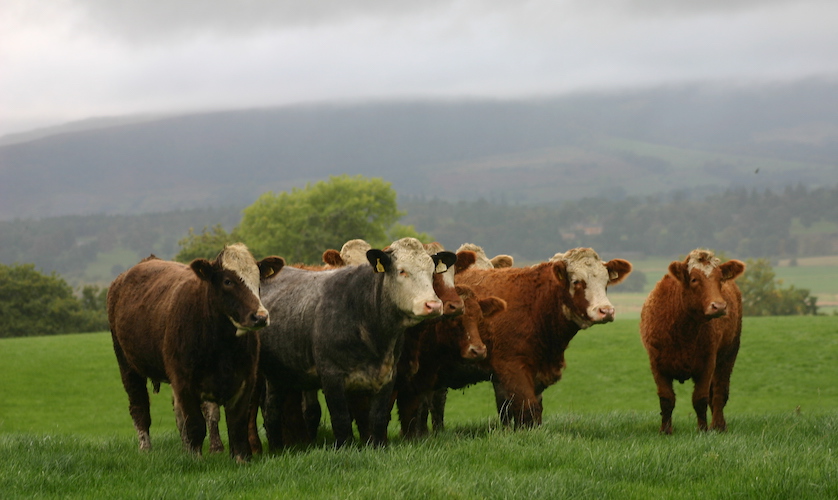Meat industry bodies react to Precision Breeding Bill
Meat industry bodies have given a mixed reaction to proposed legislation that will cut red tape and support the development of new technologies that support precision breeding of livestock with improved resistance to diseases and potentially improve animal welfare, introduced in Parliament last week.

The government hopes this will drive economic growth and attract investment into agri-food research and innovation in the UK, enabling the development of precision bred plants and animals.
According to a statement by government, the Genetic Technology (Precision Breeding) Bill will focus on removing current barriers to research into new gene editing technology.
Tony Goodger, a spokesperson for the Association of Independent Meat Suppliers (AIMS), said: “Investment in agrotechnology provides the opportunity for more efficient food systems in the future, and this bill should help position the UK at the forefront of the technology to benefit both UK production and derive valuable sales in export markets.”
However, The British Meat Processors Association (BMPA) has expressed words of caution around the proposed bill, stating that considerations should be made in regard to traceability if the UK is to continue to trade overseas.
BMPA said: “From a trade perspective, something we should consider is how to avoid losing access to overseas markets if UK producers working to different rules are not able to adequately demonstrate traceability.
“Gene edited animals, feed and crops in our food supply chain must be able to be properly tracked, which could prove difficult and may add complication to the UK’s internal supply chain especially as the rules will only apply in England, with Scotland and Wales opting to maintain current regulation.”
The government statement said: “Precision breeding technologies, like gene editing, will give UK scientists the ability to help farmers and producers develop plant varieties and animals with beneficial traits that could also occur through traditional breeding and natural processes, but in a more efficient and precise way.”
National Farmers’ Union (NFU) vice president David Exwood added: “This science-based legislative change has the potential to offer a number of benefits to UK food production and to the environment and will provide farmers and growers with another tool in the toolbox as we look to overcome the challenges of feeding an ever-growing population while tackling the climate crisis.”
The government is due to publish a White Paper in its response to Henry Dimbleby’s National Food Strategy next month. Food security is expected to be featured in the report and it is understood that ministers are mulling plans to introduce minimum targets for domestic food production to safeguard the country’s food security. The second reading of the bill is expected to take place in early June, followed by a committee stage in late June or early July, and the report stage in the autumn.

 Easter trade impacted by cost-of-living increases
Easter trade impacted by cost-of-living increases Strong livestock prices tackling increasing production costs, says HCC
Strong livestock prices tackling increasing production costs, says HCC
